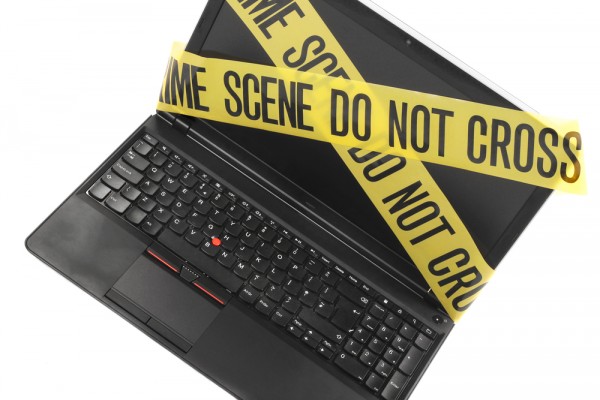Spoiler alert: Microsoft says that piracy is bad and dangerous for you!
 We all know the dangers of living on the darker side (or the wrong side) of the InterWebs -- malware is waiting at every corner to ruin the "joy" that some may have by saving some money through pirated software. We know that. The real question is whether that is brainwashing caused by large software corporations or a real threat to our safety that people knowingly ignore?
We all know the dangers of living on the darker side (or the wrong side) of the InterWebs -- malware is waiting at every corner to ruin the "joy" that some may have by saving some money through pirated software. We know that. The real question is whether that is brainwashing caused by large software corporations or a real threat to our safety that people knowingly ignore?
Microsoft, one of the most popular companies around when it comes to having its software pirated shortly after or even before a product is released, has commissioned a new study to inform consumers and businesses of the dangers involved in using pirated software. The study is conducted by IDC which has analyzed 270 websites, P2P (Peer-to-Peer) networks, 108 software downloads and 155 CDs or DVDs, and interviewed 268 IT managers or CIOs (Chief Information Officer) and 2,077 respondents (1,104 consumers and 973 businesses) from various locations around the globe.
Those various locations around the globe involve some high-profile countries including Brazil, China, Germany, India, Mexico, Poland, Russia, Thailand, United Kingdom and United States.
So what's the damage? The study says that consumers will practically waste 1.5 billion hours and shell out $22 billion to identify, repair and recover from the side-effects of pirated software with malware onboard. The same study also says that enterprises around the globe pay $114 billion just to deal with the aftermath of a malware-induced cyberattack. It all sounds very scary so far.
The chances of malware infection via pirated software are way less imposing than the sheer numbers mentioned above. Businesses are the most safe, with a three in ten chance of being infected, while consumers are the most likely to be affected with a one in three chance. The distinction is small between the two categories, but exists nonetheless.
On the remaining businesses and consumers that are unaffected, IDC's chief researcher John Gantz says: "Our research is unequivocal: Inherent dangers lurk for consumers and businesses that take a chance on counterfeit software. Some people choose counterfeit to save money, but this ‘ride-along’ malware ends up putting a financial and emotional strain on both the enterprise and casual computer users alike".
There are some numbers that back up Gantz's statement. According to the study 64 percent of the consumer respondents know that pirated software involves security threats. In 45 percent of the cases the pirated software involved slowdowns of PCs and uninstalling of the software because of it. Data loss is of the greatest concern for 48 percent of respondents, while only 29 percent are most concerned with having their identity stolen.
So where does all the malware come from? Well, 45 percent of the pirated software comes from the InterWebs. Not a big surprise, as you may have expected that. A significant part of the respective pirated software, 78 percent according to the study, comes from websites or P2P networks and sports spyware while a smaller part, 36 percent, comes with Trojans and adware.
On the matter of software piracy and the dangers lurking behind it, Microsoft Cybercrime Center associate general counsel David Finn says: "The cybercrime reality is that counterfeiters are tampering with the software code and lacing it with malware. Some of this malware records a person’s every keystroke — allowing cybercriminals to steal a victim’s personal and financial information — or remotely switches on an infected computer’s microphone and video camera, giving cybercriminals eyes and ears in boardrooms and living rooms. The best way to secure yourself and your property from these malware threats when you buy a computer is to demand genuine software."
Photo Credit: Mila Atkovska/Shutterstock